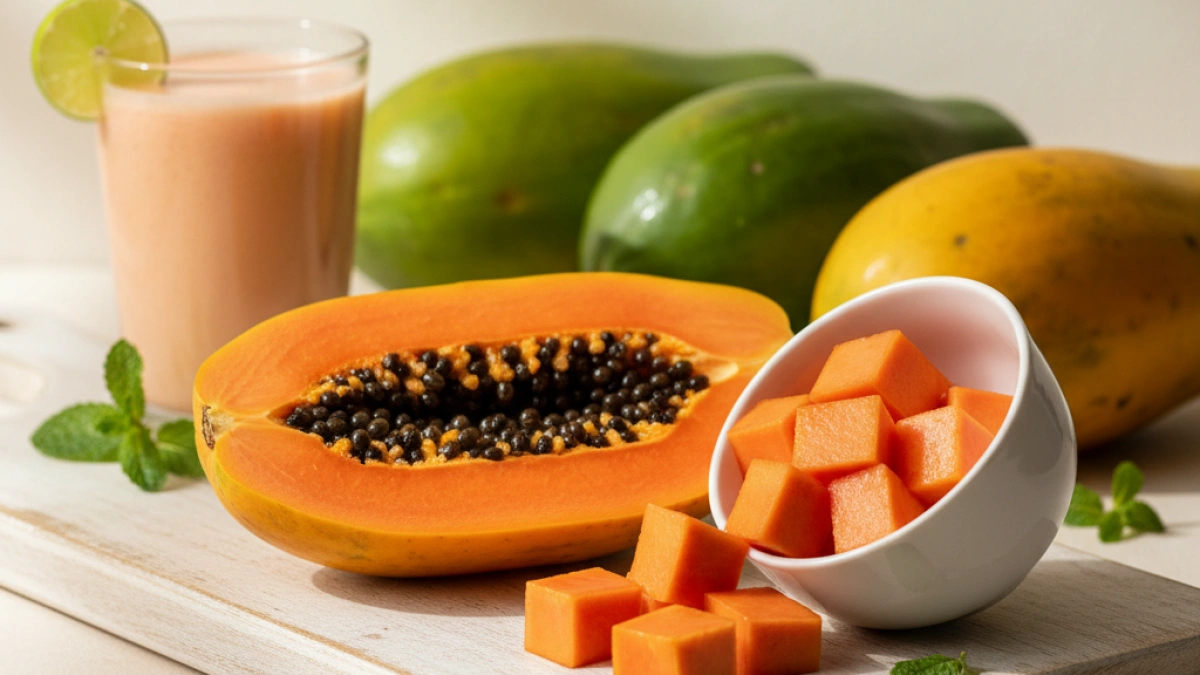Probiotics: health benefits and their importance

Currently, interest in probiotics has grown considerably, thanks to the increasing evidence of their positive impact on health. These beneficial microorganisms have been shown to have favorable effects on various aspects of human well-being, from digestion to immune function. Below, we will explore what probiotics are, their benefits, and their importance in our daily diet.
What are probiotics?
Probiotics are living microorganisms, primarily bacteria and yeasts, that can positively contribute to health when consumed in adequate amounts. Their presence in the human gut is essential as they help maintain the balance of the gut microbiota, which is the community of microorganisms that inhabit our digestive system.
Benefits of probiotics
1. Improvement of digestive health
One of the most well-known benefits of probiotics is their ability to improve digestive health. These microorganisms help break down food, facilitate nutrient absorption, and prevent gastrointestinal issues such as diarrhea, constipation, and irritable bowel syndrome.
2. Strengthening the immune system
Probiotics play a crucial role in strengthening the immune system. By maintaining a healthy balance in the gut flora, they contribute to the prevention of infections and diseases. Additionally, they can reduce the duration and severity of certain gastrointestinal infections.
Read also
3. Disease prevention
Regular intake of probiotics may be associated with a reduced risk of certain diseases. For example, some studies have suggested that including probiotics in the diet may decrease the incidence of urinary and respiratory infections, as well as improve the management of allergies and dermatological disorders.
4. Benefits for mental health
Recent research has evidenced the relationship between gut health and mental health. Probiotics may influence mood and emotional well-being by affecting the production of neurotransmitters, such as serotonin. This suggests that a healthy gut could contribute to a healthier mind.
5. Weight control and metabolic health
Some studies have indicated that probiotics may assist in weight loss and maintaining a healthy weight. They have also been observed to affect how the body metabolizes and stores fats, which is essential for metabolic health.
Read also
Importance of including probiotics in the diet
Incorporating foods rich in probiotics into our diet is essential to enjoy their benefits. Natural sources of probiotics include:
- Yogurt: One of the most popular foods containing strains of beneficial bacteria.
- Kefir: A fermented drink rich in probiotics made from milk or water.
- Sauerkraut: Fermented cabbage that is not only a source of probiotics but also of vitamins.
- Kombucha: A fermented tea beverage that has gained popularity for its probiotic properties.
It's important to remember that while probiotics can be beneficial, they are not a magic solution. Maintaining a balanced diet rich in fiber, fruits, and vegetables is essential to promote a healthy gut microbiota.
Conclusion
Probiotics play an important role in overall health and well-being. From improving digestive health to strengthening the immune system, their benefits are numerous and varied. By including these microorganisms in our diet, we can contribute to a healthier and more balanced life.
If you would like to learn more about health and wellness topics, I invite you to read more news of this kind on my blog.











































